Self Sowing Veggies: Reasons For Planting Vegetables That Self Seed
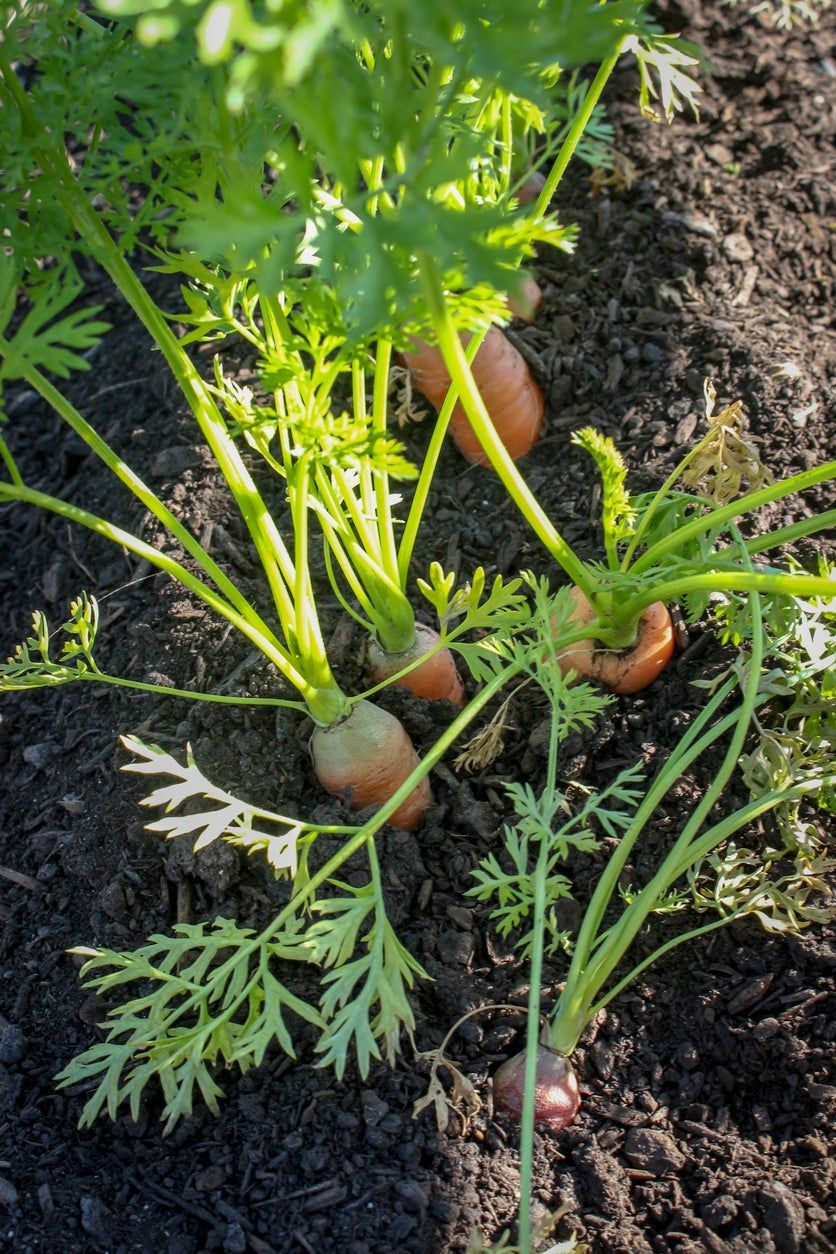
Plants flower so they can reproduce. Vegetables are no exception. If you have a garden then you know what I’m talking about. Every year you will find evidence of self-sowing veggies. For the most part, this is great because there’s no need to replant, but other times it’s more like an interesting science experiment, such as when two squash have cross pollinated and the resulting fruit is a mutant. Given that most often self-seeding vegetables are a boon, read on for a list of vegetables you don’t have to replant.
About Vegetables That Self Seed
Those who grow their own lettuce know about vegetables that self-seed firsthand. Invariably, the lettuce will bolt, which simply means that it goes to seed. Literally, you can have looked at the lettuce one day and the next it has mile high flowers and is going to seed. The result, when the weather cools, may be some nice little lettuce starts.
Annual veggies aren’t the only ones that self-seed. Biennials such as onions will easily self sow. Errant tomatoes and squash that have been haphazardly tossed into the compost pile will also often self sow.
Vegetables You Don’t Have to Replant
As mentioned, the Alliums such as onions, leeks, and scallions are examples of self-seeding vegetables. These biennials overwinter and in the spring flower and produce seeds. You can either collect them or allow the plants to re-sow where they are.
Carrots and beets are other biennials that self-sow. Both will self-seed if the root survives the winter.
Most of your greens such as lettuce, kale, and mustard will bolt at some point. You can speed things up by not harvesting the leaves. This will signal the plant to go to seed ASAP.
Radishes are also self-sowing veggies. Allow the radish to go to seed. There will be multiple pods, each containing seeds, which are also actually edible.
Gardening tips, videos, info and more delivered right to your inbox!
Sign up for the Gardening Know How newsletter today and receive a free copy of our e-book "How to Grow Delicious Tomatoes".
In warmer zones with two growing seasons, volunteers of squash, tomatoes, and even beans and potatoes may surprise you. Cucumbers left to ripen from green to yellow to sometimes even orange, will eventually burst and become a self-sowing veggie.
Growing Self-Seeding Vegetables
Vegetables that self-seed make for an inexpensive way to maximize our crops. Just be aware of a couple of things. Some seeds (hybrids) will not grow true to the parent plant. This means that hybrid squash or tomato seedlings will likely taste nothing like the fruit from the original plant. Plus, they can cross pollinate, which might leave you with a really cool looking squash that looks like a combination between a winter squash and a zucchini.
Also, getting volunteers from crop debris isn’t exactly desirable; leaving debris in the garden to overwinter increases the chances that diseases or pests also overwinter. It’s a better idea to save seeds and then plant fresh each year.
You don’t have to wait for Mother Nature to sow the seeds. If you would rather not have another crop in the same area, keep an eye on the seedhead. Just before it gets too dry, snip it off the parent plant and shake the seeds over the area where you want the crop to grow.

Amy Grant has been gardening for 30 years and writing for 15. A professional chef and caterer, Amy's area of expertise is culinary gardening.
-
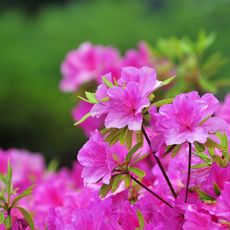 Ideal Azalea Water Requirements – For Lush, Healthy Shrubs That Will Thrive For Years
Ideal Azalea Water Requirements – For Lush, Healthy Shrubs That Will Thrive For YearsWhat are an azalea's water requirements? Learn how to keep these beautiful spring-blooming shrubs happy and healthy in your yard or container garden.
By Amy Grant
-
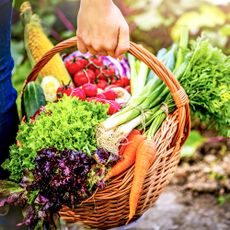 7 Vegetables To Plant In April: Start Indoors Or Outside For A Bumper Summer Harvest
7 Vegetables To Plant In April: Start Indoors Or Outside For A Bumper Summer HarvestAchieve your growing ambitions with these best vegetables to plant in April – including cold-hardy crops to sow direct and tender varieties to start indoors
By Mary Ellen Ellis
-
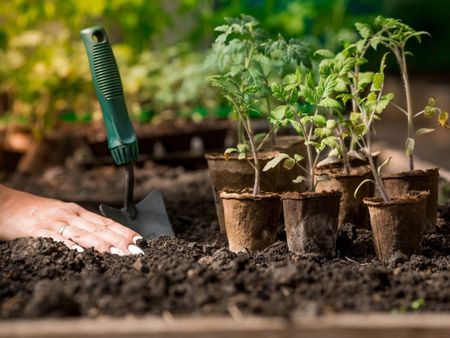 How Many Vegetables To Plant Per Person For A Year
How Many Vegetables To Plant Per Person For A YearGauging how much to plant in a vegetable garden can eliminate waste while still producing enough for your family. Click for more.
By Bonnie L. Grant
-
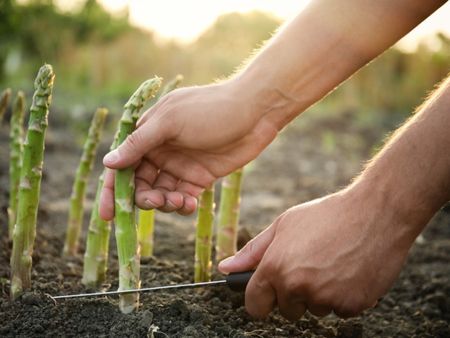 13 Perennial Fruits And Vegetables You Only Have To Plant Once
13 Perennial Fruits And Vegetables You Only Have To Plant OnceLooking to set it and forget it? Find out which fruits and vegetables can be grown as perennials.
By Laura Miller
-
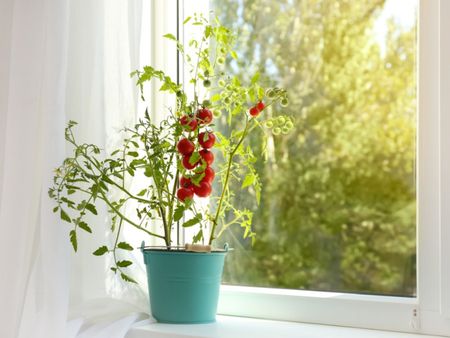 11 Edible Plants For A Year-Round Garden In A Bucket
11 Edible Plants For A Year-Round Garden In A BucketWant to know how to grow food inside your house and which foods do best indoors? Click here to learn all about it.
By Bonnie L. Grant
-
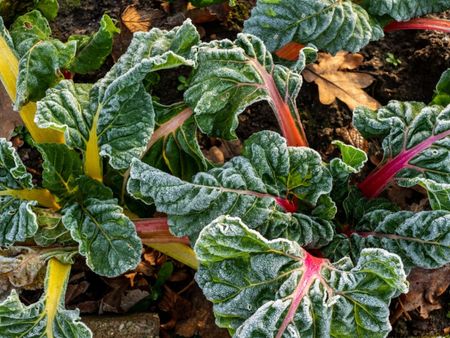 Frost Tolerance Of Vegetables From Least To Most Hardy
Frost Tolerance Of Vegetables From Least To Most HardyHow cold can vegetables tolerate? Knowing which veggies will survive frosts and freezes is essential for the success of your garden. Click here for more.
By Laura Miller
-
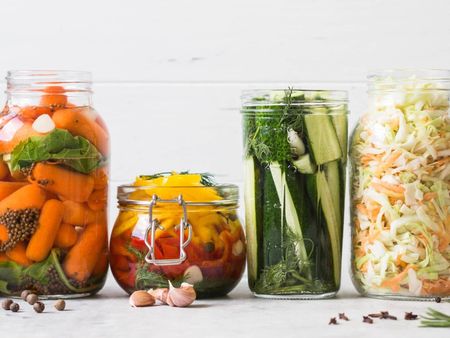 Best Vegetables To Pickle Straight From The Garden
Best Vegetables To Pickle Straight From The GardenPickles aren’t limited to just cucumbers. Read on for tips on pickling your fresh veggies.
By Amy Grant
-
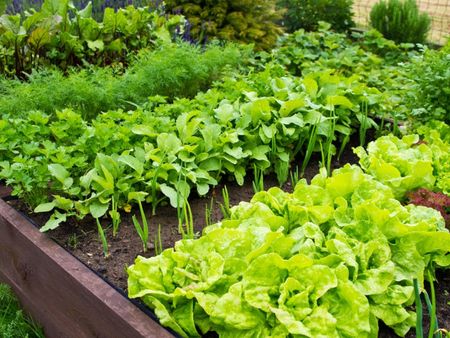 Benefits Of Planting In Fall Vs. Spring Vegetable Plots
Benefits Of Planting In Fall Vs. Spring Vegetable PlotsLearn why some vegetables do better if you plant them in fall instead of spring.
By Laura Miller
-
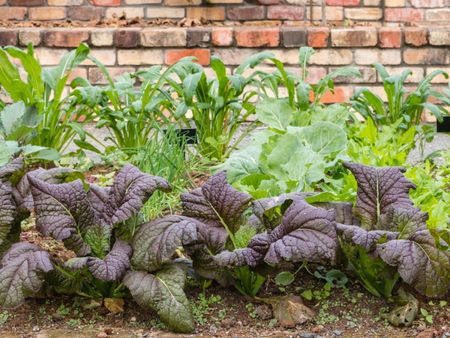 Interplanting Vegetables In The Fall Garden
Interplanting Vegetables In The Fall GardenLearn all about the benefits of interplanting vegetables for your fall garden.
By Laura Miller
-
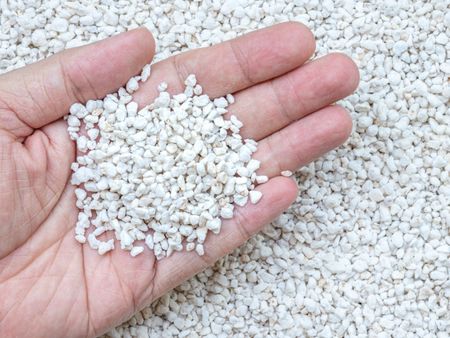 Best Vegetables For Growing In Perlite
Best Vegetables For Growing In PerlitePerlite is a natural growing medium that comes from super-heated volcanic glass. In some cases, it works better than soil. Read on for more info.
By Laura Miller
